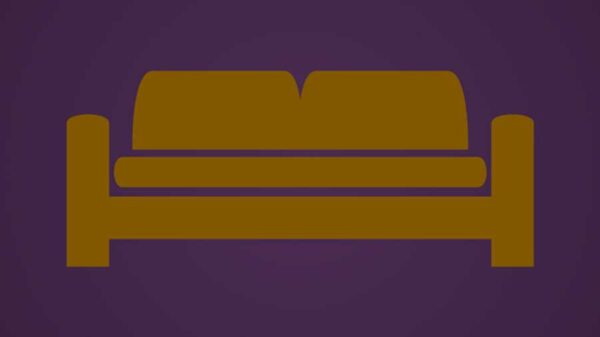
How to Find the Best Psychologist in NYC for Your Mental Health Needs
Dr. Gregory Kushnick, Licensed NYC Psychologist
Tel. 917-566-7312
138 West 25th St., Suite 802-B4, New York, NY 10001
Finding the best NYC psychologist for your needs can feel like an impossible task. I’ve put together a list of some great strategies for finding a therapist. So many current and prospective patients have shared with me how daunting it feels to find a psychotherapist in New York area. I hope this guide will make your search easier.
Tips for Your NYC Clinical Psychologist Search
1. Cross reference your findings from therapist listings with Google searches.
Don’t stop at the information offered on New York therapist listing sites such a Psychology Today. Find a therapist by going a step further to learn what potential mental health clinicians are really about. Has the psychologist written anything of interest or reported on the latest research? Do they seem modern, worldly and knowledgeable based on their online presence? Do they have impressive reviews on Google? What about their website? Do they talk in a relatable way or do they sound cliche?
2. Pay attention to your first reaction to the picture of the therapist’s face.
There’s so much valuable information in your gut reaction to how he or she looks. Does his or her face make you feel at ease or stressed out. Is it a face you can trust?
3. Ask your friends if they had a psychologist they enjoyed working with.
A referral from a trusted friend is gold. Don’t be afraid to share your need for mental health therapy. Getting the help you need is a sign of strength. Friends who will judge you for needing therapy may not have your best interests at heart and are probably not very evolved.
4. Interview 2–3 prospective clinical psychologists unless you’ve found your match with the first one.
Don’t hesitate to ask questions about what matters to you. Call or email the therapist and ask away. If they don’t make time to answer your questions, then stay away.
5. Seek to understand the psychotherapist’s theoretical orientation/ their approach to therapy to see if it matches the style of therapy you’re looking for.
This one also requires a call or email. Ask them to explain how they conduct therapy and what guides their approach. If they can’t answer clearly, don’t choose them. Do you want a more collaborative CBT experience? Structured? Traditional/psychoanalytic? Existential? Don’t be afraid to ask.
6. Speaking of the phone call, see how you reach to the therapist’s voice.
Does his or her voice soothe you? Is it harsh? That voice has to calm you, but also potentially motivate you.
7. Do some research on the different types of mental health clinicians in New York City.
Are you looking for a psychologist (who is likely to have more formal schooling/training on diagnosis and treatment), a clinical social worker (who could potentially have even more extended training than a psycologist, but you have to ask or google), a marriage and family therapist (who specializes in couples therapy but can still be an amazing individual therapist), a mental health counselor, etc?
8. Many New York City psychotherapists specialize in something or have developed a special skill based on the types of clients they attract.
Most NYC therapists list anxiety, depression and relationships as their specialty. That doesn’t tell you much. Ask your prospective New York psychologist with whom do they work best work? Patients with anxiety? Addiction? For example, I don’t have a specialty per se, but my practice has attracted clients grappling with certain problems, such as panic attacks, social anxiety and work stress, which has prompted me to develop my skills further to give them a great healing experience.
Feel free to contact me if you have any questions about this article or if something is unclear. I love what I do and I want you to find the help you need.
I have created other articles on the topic of finding a NYC psychologist if you want to read more. Please take a look at some of my other psychology articles on HuffPost to learn more about my philosophy.
Learn More